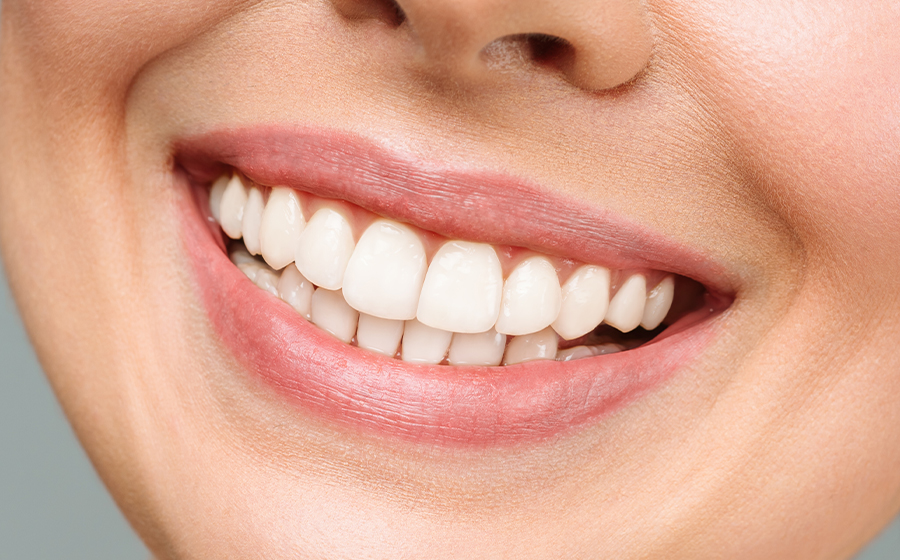The term “restorative dentistry” describes a range of dental procedures intended to repair teeth damaged by trauma, decay, or other factors to restore their appearance and functionality. An overview of the most popular restorative procedures for teeth renewal and restoration accessible in Washington is explained below.
What exactly is Restorative Dentistry?
Restorative dentistry, as previously stated, includes procedures that return teeth to their optimal function and appearance. It covers the following procedures for treating:
– Cavities and tooth decay can be addressed with fillings.
– Teeth with fractures, wear, or cracks can be addressed with Crowns.
– Recession and gum disease can be addressed by laser treatment.
– Missing teeth can be addressed with dentures, bridges, and implants.
Any restorative procedure aims to replicate as much of the biological characteristics, functionality, and aesthetics of the original tooth structure as feasible.
Restorative Options available at New Columbia Dentistry –
One common question people ask is – “Is restorative dentistry worth it?”
Tooth-Colored Fillings: Nowadays, tooth fillings are the preferred material for treating dental decay. They maintain more of the original tooth structure and match the tint of real teeth. Composites can last up to ten to fifteen years by directly bonding to the tooth to provide stability.
Dental Crowns and Bridges: Bridges span across teeth to replace lost ones, dental crowns completely encase damaged teeth to reinforce them. Contemporary porcelain crowns and bridges match colors more closely, are stain-resistant, and withstand biting pressures with good durability.
Root Canal Therapy: A crown is typically needed for protection after root canal therapy to remove the diseased pulp and nerve from highly affected teeth. Modern root canal methods and materials provide far greater comfort during the process.
Laser Gum Treatment: Gum disease can be treated more delicately, less invasively, and effectively with laser therapy. Lasers cauterize gum tissues to promote healing and regeneration while specifically targeting disease-causing germs.
Dental Extractions: It is frequently necessary to remove damaged teeth before placing bridges or implants. In cases where teeth cannot be saved by crowns or root canal therapy, new methods make extractions less painful and more straightforward.
Wisdom Teeth Removal: By extracting wisdom teeth, severe issues such as cysts, infections, decay in neighboring teeth, and crowding are avoided. Oral surgeons remove wisdom teeth comfortably and safely by using precision surgical instruments and 3D imaging.
Dental Implants: Dental implants work as replacement tooth roots, giving implant crowns strong support to reestablish their original shape and functionality. Modern implants can fuse perfectly with bone and endure for many years thanks to developments in bonding and surfaces.
Oral Surgery: Oral surgeons are skilled in biopsies, difficult tooth extractions, and corrective jaw surgery. Many make use of 3D visualization, microscopes, lasers, and other advancements to improve accuracy and expedite healing.
Partial and Full Dentures: Form and function are successfully restored with custom-designed dentures. Modern dentures blend in with their surroundings because of lifelike appearances, soft acrylics, and precise attachments. They offer a flexible restorative option for people who are lacking teeth.
Are You a Candidate for Restorative Procedures?
Another common question people ask is – “What dental condition would require a restorative dental treatment?”
Restorative dentistry may be able to assist if damaged, infected, or missing teeth have negatively impacted your oral health or appearance. Typical indicators that restorative care could be beneficial to you include:
- Sensitivity or discomfort in the teeth
- Worn, chipped, or fractured teeth
- Gaps left by losing teeth in between teeth
- Ill-fitting, loose dentures
- Intense bleeding or swollen gums
- Stained or discolored teeth
With long-lasting, natural-looking results, today’s innovative restorative procedures can strengthen your teeth, restore missing teeth, support gum tissue regeneration, or give your smile a makeover.
Conclusion
Restoring damaged or compromised smiles with strong, lifelike materials that mimic natural teeth is the goal of restorative dentistry. Dentists at New Columbia Dentistry in Washington, DC, can preserve and restore tooth structure for the best possible oral health and function with the restorative solutions available. Modern Restorative Dentistry in Washington, D.C., can create wonderfully rejuvenated smiles by perfectly matching color, shape, and fit to blend with your original teeth.

